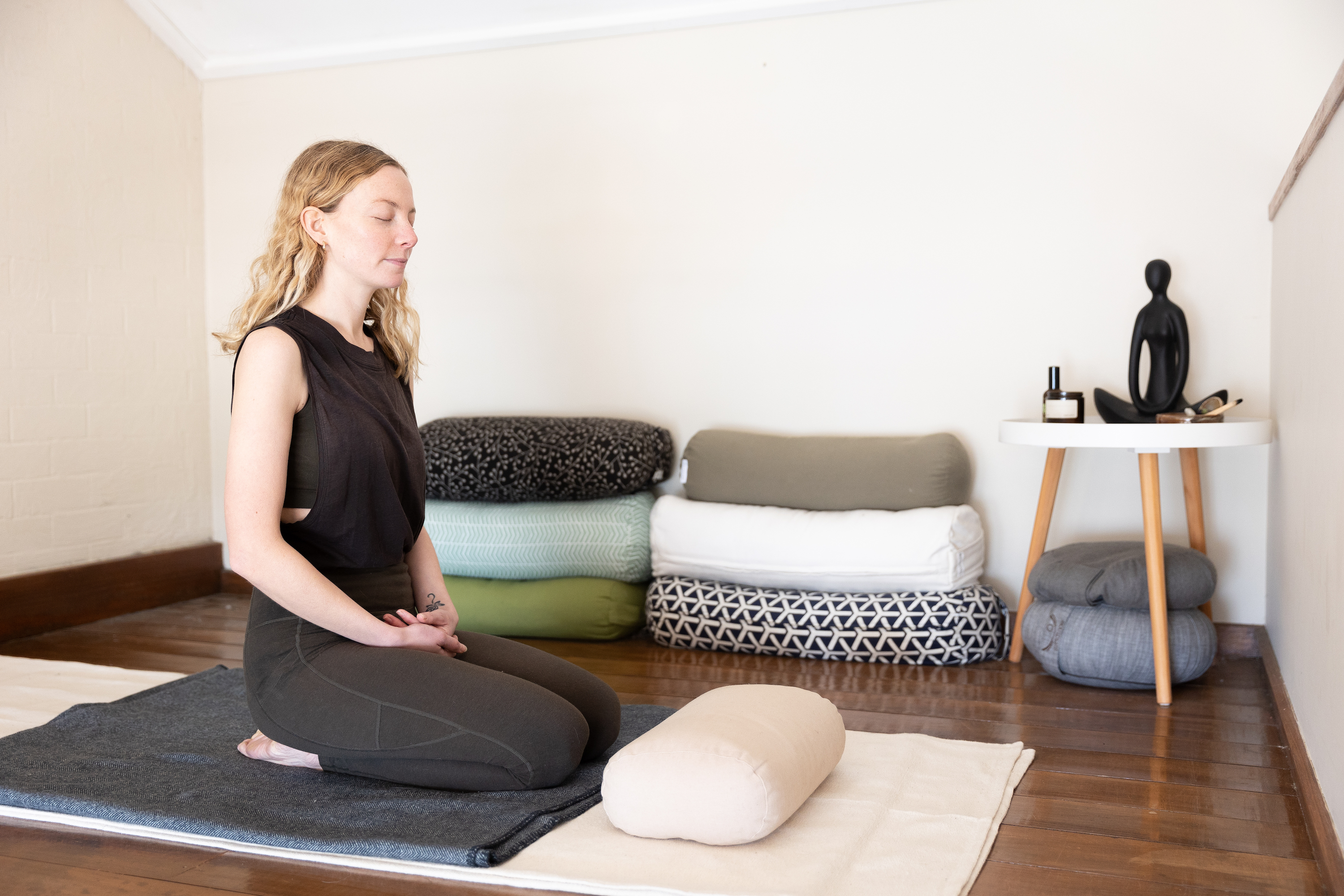Applying the principles of mindfulness to our smart phones, computers and the internet can help us enjoy a better relationship with our tech.
Words by Linda Moon
The internet, computers and smart devices dominate the way we live, work, communicate, access and store information, shop, entertain ourselves and more. But, as any 21st-century human knows, there’s a downside to tech’s ever-present stranglehold over our time.
Slaves to the machines
Such hyper-connectedness to data, marketing, apps and other people has become invasive, stealing from the meaningfulness and joy of our personal lives, writes computer science professor Cal Newport in Digital Minimalism: Choosing a Focused Life in a Noisy World. The consequences of such information overload can include exhaustion, time poverty, stress, mood and relationship issues and feelings of inadequacy.
Originally embraced to make life easier, our apps, programs and devices have become our masters, Cal says. Managing plagues of data, upgrades, updates, notifications, emails and so on, we’ve become slaves to the machines and digital distractions.
Applying a Zen approach to tech

Just as Zen mindfulness has been applied to other aspects of our lifestyles — such as our household belongings — we can use it to gain back our lives from the control of tech. The goal is to extract the benefits and sidestep the negatives through more contemplative use.
Awareness
The first step is awareness that there’s a problem. Pay attention to how you feel — any stress, irritation, overwhelm or other negative feelings. Perhaps you’re experiencing physical symptoms, such as a sore back. What bugs you the most? Is it your inbox or social-media addiction? Problems with your computer’s operation or something else?
Acceptance
Know the difference between what you can’t change and what you can. It may not be possible to go back in time to the days before the information age or buy a new device, but we can make changes that matter.
Non-judging
The solution to our tech stress isn’t easy. So, don’t judge yourself or others. It isn’t a matter of weak will or stupidity. “People don’t succumb to screens because they’re lazy,” reveals Cal, “but instead because billions of dollars have been invested to make this outcome inevitable.”
Openness and beginner’s mind
Be open to and inquisitive about solutions. These may surprise you. It’s not always what first comes to mind or what everyone else is touting or doing. Also, don’t limit your ability to make changes on the basis that you’re not “techie” enough.
Simplicity and minimalism
“Digital minimalism” adapts the benefits of simplicity to tech. Cal recommends withdrawing from optional online activities for 30 days, then conducting a digital declutter to get rid of everything that doesn’t add value to your life. The 30-day unplug helps you hone in on what tools you truly need. Also, minimise your time and tasks on tech. Cal advocates doing less to do better.
Observation and attention
Most of us flick from one screen to the next and, as such, the average person’s tech life is a mess. David Levy, a computer scientist and author of Mindful Tech: How to Bring Balance to Our Digital Lives, suggests mastering email, social media, texting and so on, as you would cooking, music or any other skill. Such learning requires observation and attention. The result? The ability to create a tech world that serves us.
Presence and focus
Our attentional choices have expanded, but our brain’s capacity hasn’t, David reminds us. Pin your focus on what you’ve chosen to do in the current moment. Point to note: according to Cal, the ability to concentrate without distraction is becoming so rare that anyone who can put in deep work on their skill will be in demand.
Compassion to self and others
Cal recommends carving out high-quality leisure and self-care time to replace the habit of mindless device use many of us have fallen into. Being available online 24/7 to others isn’t caring to oneself. Cal argues that more time offline actually improves our relationships.
Cultivating all of the above philosophies will help you communicate more positively with others online as well as build a better relationship with your tech.
Linda Moon is a freelance health and lifestyle writer and qualified naturopath whose work explores how to be a happy, healthy human being.
This article was originally found in Being Magazine Issue 10
BEING Magazine is available from WellBeingShop.com.au




